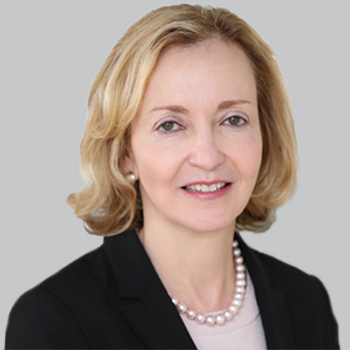
In 2 phase 3 randomized placebo-controlled trials, findings showed that although crenezumab was well tolerated, it did not reduce clinical decline in participants with early Alzheimer disease.

In 2 phase 3 randomized placebo-controlled trials, findings showed that although crenezumab was well tolerated, it did not reduce clinical decline in participants with early Alzheimer disease.
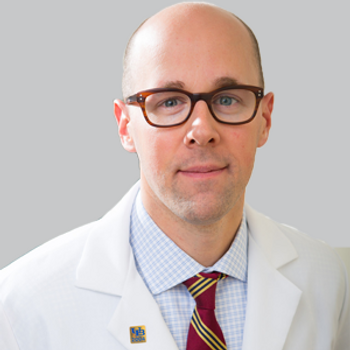
Nicholas Silvestri, MD, clinical professor at the University at Buffalo discussed topics related to the expansion of treatments for myasthenia gravis and the positive outlook of managing the disease.
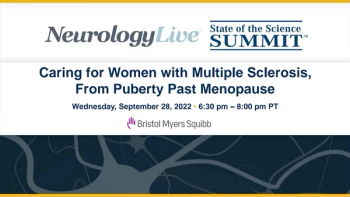
Chaired by Riley Bove, MD, of the University of California, San Francisco (UCSF), the presentations also feature Emmanuelle Waubant, MD, PhD, of UCSF; William L. Conte, MD, MS, of Methodist Hospitals; and Maria K. Houtchens, MD, of Harvard Medical School. [WATCH TIME: 1 hour, 31 minutes]
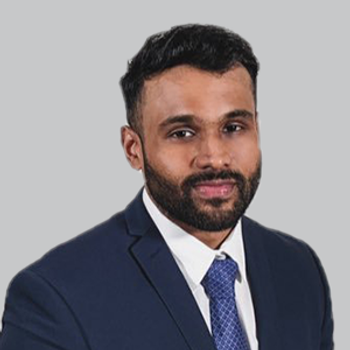
A national survey showed in its findings that NSAIDs alone and dopamine receptor antagonists are used commonly for treating primary headache disorders in Canadian emergency departments.
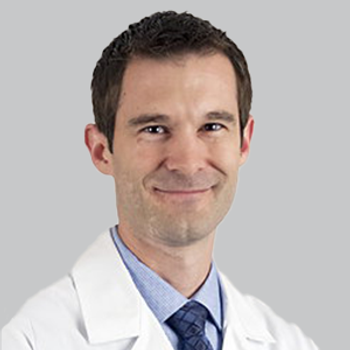
In a recent phase 2 study, 6-months of ketogenic diet for people with relapsing multiple sclerosis resulted in a significant reduction in weight, fatigue, and depression, and improved quality of life.

The clinical program manager at the Jefferson Center for Neurorestoration discussed a new approach to restoring arm function using a powered arm brace and muscle stimulation system.
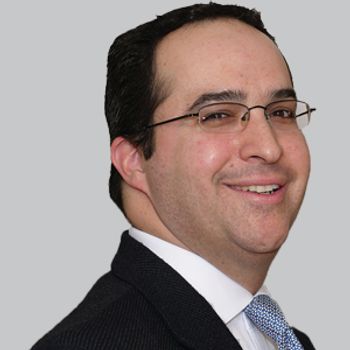
No statistical differences were found between REN and the standard of care medications, in any of the effectiveness outcomes of pain single-treatment pain relief and pain freedom, nor in consistency of pain relief and pain freedom.

Catch up on any of the neurology news headlines you may have missed over the course of the last month, compiled all into one place by the NeurologyLive® team.

In a phase 3 trial, ULTIMATE I and II, ublituximab resulted in lower annualized relapse rates and fewer brain lesions on MRI than teriflunomide among participants with relapsing multiple sclerosis.
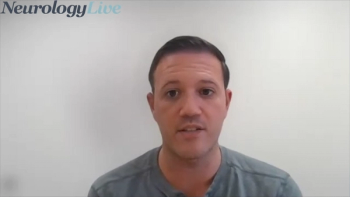
The clinical program manager at the Jefferson Center for Neurorestoration discussed certain scenarios in which the NuroSleeve system may not be applicable for patients with neurological disorders. [WATCH TIME: 3 minutes]

Danielle Kipnis, MA, of Columbia University, discussed the practice of yoga for people with functional neurological disorders from her research and recommendations for future studies in the field.
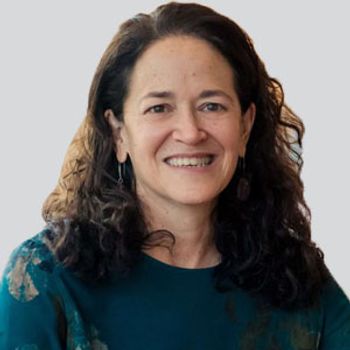
Despite not meeting its primary and secondary end points, CNM-Au8 will continue to be evaluated in an open-label extension in HEALEY ALS and could potentially be offered in an expanded access protocol program.

With diagnosis rates of Alzheimer disease increasing, Tabby Khan, MD, MPH, spoke to the need to focus on cognitive decline in younger patient populations.
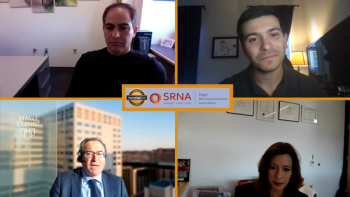
Experts such as Brenda Banwell, MD; Sean Pittock, MD; and Michael Levy, MD, PhD, cover topics related to differences in rare neuroimmune disorders, how they're approached and treated.

Findings from a nonrandomized controlled trial in the Netherlands suggest that sleep time of hospitalized patients may be significantly improved with nonpharmacologic interventions such as the postponement of morning vital sign checks and medication administration rounds from the night to the day shift.
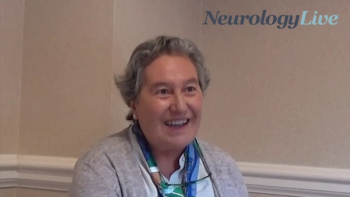
The professor of Neurology and Pediatrics at University of Rochester Medical Center discusses the progression of new treatment for Duchenne muscular dystrophy and provides suggestions for moving forward with research in the field. [WATCH TIME: 5 minutes]

Here's some of what is coming soon to NeurologyLive® this week.
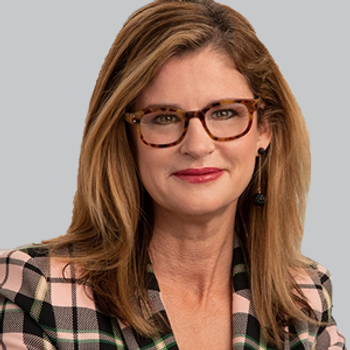
Designed to treat the underlying cause of FSHD, AOC 1020 will be evaluated on safety, tolerability, pharmacokinetics, and pharmacodynamics in a cohort of 68 adults with the disease.
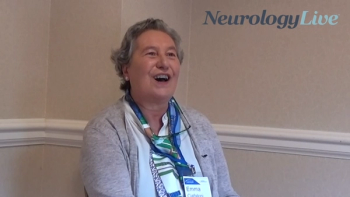
The professor of neurology and pediatrics at University of Rochester Medical Center gives some recommendations for the improvement in clinical trial design for patients with rare diseases such as Duchenne muscular dystrophy. [WATCH TIME: 5 minutes]

Test your neurology knowledge with NeurologyLive®'s weekly quiz series, featuring questions on a variety of clinical and historical neurology topics. This week's topic is general neurology, related to the recent 4th Annual International Congress on the Future of Neurology®.
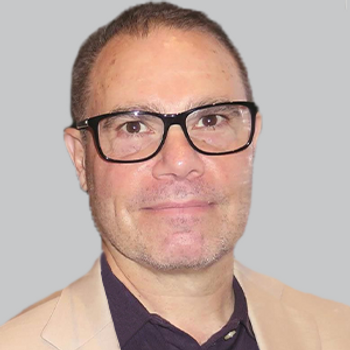
RESCUE-ALS trial, a phase 2 randomized controlled study, showed that ALS disease progression was significantly reduced with CNM-Au8 Treatment.
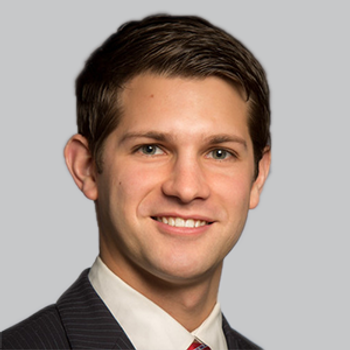
Justin Klee and Josh Cohen, cofounders and cochief operating officers, Amylyx Pharmaceuticals, answered questions related to the new approval of AMX0035 for ALS and how it changes the treatment landscape going forward.
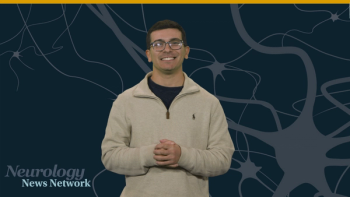
Neurology News Network for the week ending October 1, 2022. [WATCH TIME: 4 minutes]
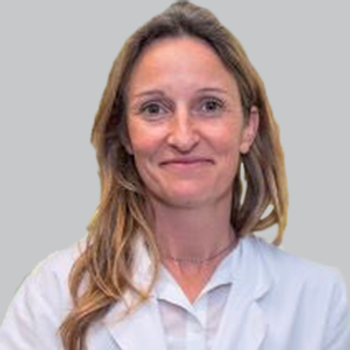
Sleep changes experienced by patients on apomorphine infusion were indicated by scores on Insomnia Severity Index and Clinical Global Impression-Improvement Scale.

Take 5 minutes to catch up on NeurologyLive®'s highlights from the week ending September 23, 2022.
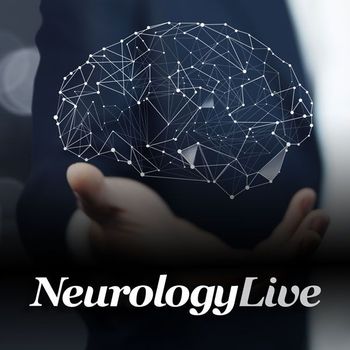
In a randomized clinical trial, the application of electroacupuncture treatment for insomnia in patients with depression significantly improved the quality of sleep in comparison with sham acupuncture or the control group.
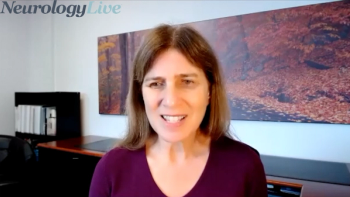
The neurologist and assistant professor at the University of Toronto discussed the real, but tepid significance of amyloid-related imaging abnormalities seen from lecanemab in early-stage Alzheimer disease. [WATCH TIME: 3 minutes]

A questionnaire-based study from Saudi Arabia on sleep quality revealed that sleep-related disorders, such as obstructive sleep apnea, are relatively common in patients with Duchenne muscular dystrophy.
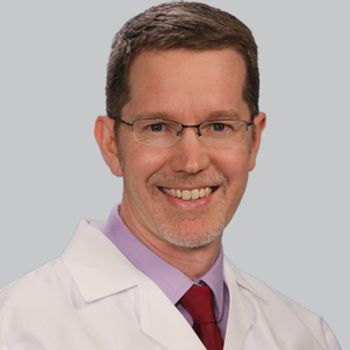
Despite not improving clinical end points, treatment with tofersen was associated with reduced in the total concentration of SOD1 protein and neurofilament light chain, a marker of axonal injury.

In additional data from CENTAUR, Amylyx touted the drug's ability to prolong tracheostomy-free and ventilation-free survival.